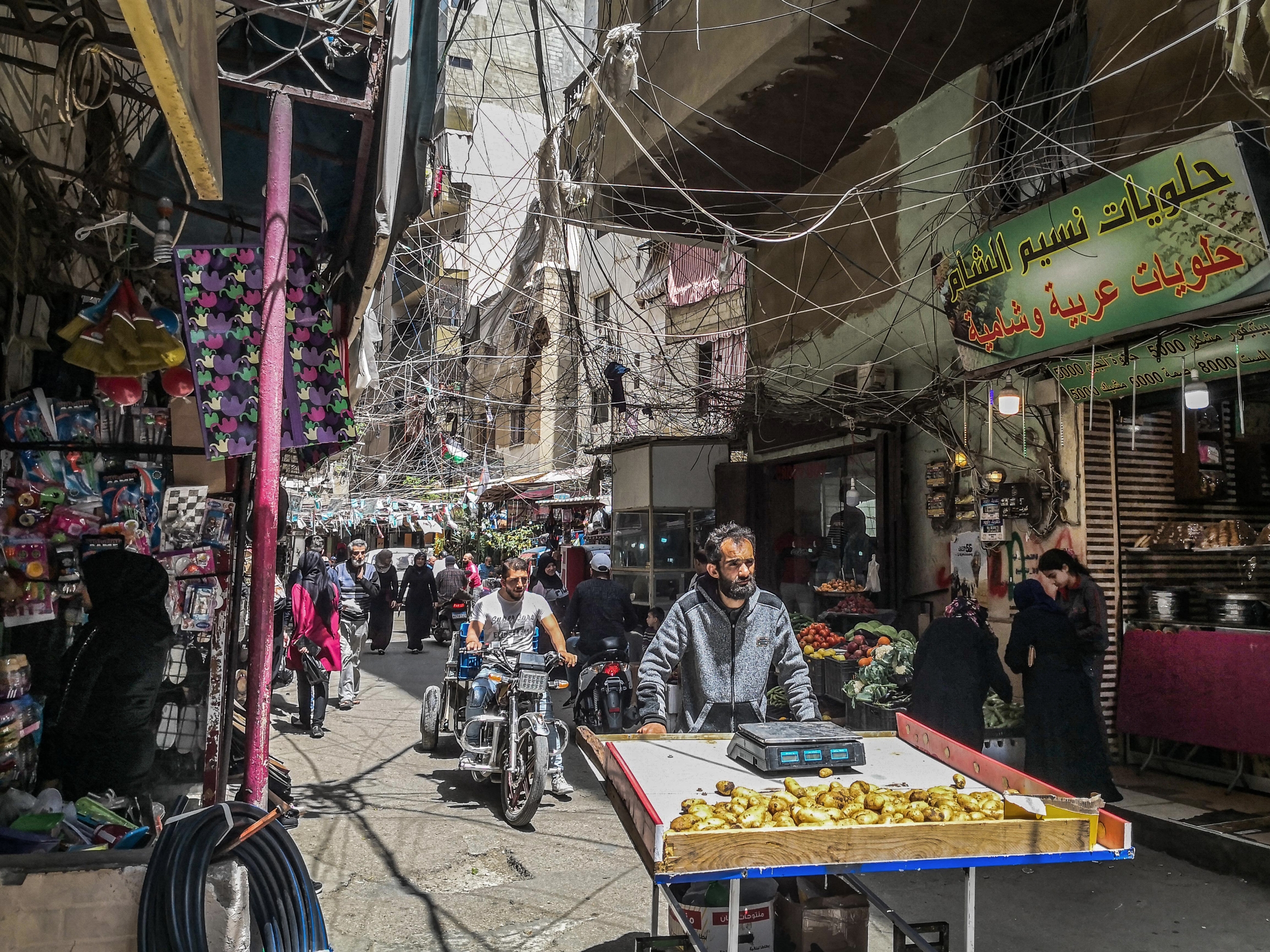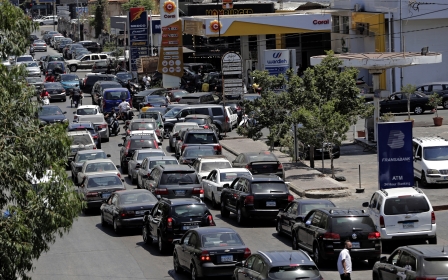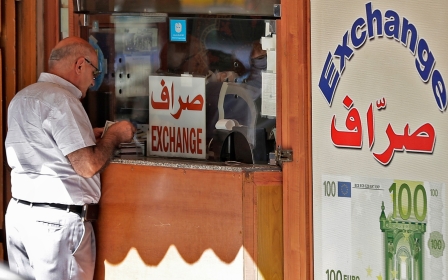Lebanon intercepts Syrian refugees attempting Mediterranean sea crossing

Lebanese naval forces have intercepted a small boat carrying 11 people, mostly Syrians, as they attempted to flee the crisis-hit country via the Mediterranean Sea, the army said in a statement on Sunday.
A naval force saw the boat off the northern port city of Tripoli and detained its passengers, including 10 Syrians and one Lebanese citizen. The army said they were referred for investigation.
New MEE newsletter: Jerusalem Dispatch
Sign up to get the latest insights and analysis on Israel-Palestine, alongside Turkey Unpacked and other MEE newsletters
It is was unclear which country they were hoping to reach, but in recent months neighbouring Cyprus has become a popular sea smuggling destination.
In May, the Lebanese army intercepted 60 people, including 59 Syrians, attempting the sea crossing also near Tripoli.
Lebanon, home to more than six million people, says it hosts more than a million Syrian refugees.
Refugees have been hit hard by the worsening economic crisis in the country, where poverty rates, food insecurity, shortage of fuel and medicine are all increasing.
In a report released this month, the World Bank said that over half of the population in Lebanon is likely living below the poverty line, as they suffer from a plummeting purchasing power and higher rates of unemployment.
The World Bank said Lebanon’s GDP fell from close to $55bn in 2018 to around $33bn in 2020, causing a surge in inflation which is expected to worsen this year.
The report also described the financial crisis in the country as one of the worst depressions recorded anywhere in the world since the middle of the 19th century.
Middle East Eye delivers independent and unrivalled coverage and analysis of the Middle East, North Africa and beyond. To learn more about republishing this content and the associated fees, please fill out this form. More about MEE can be found here.





